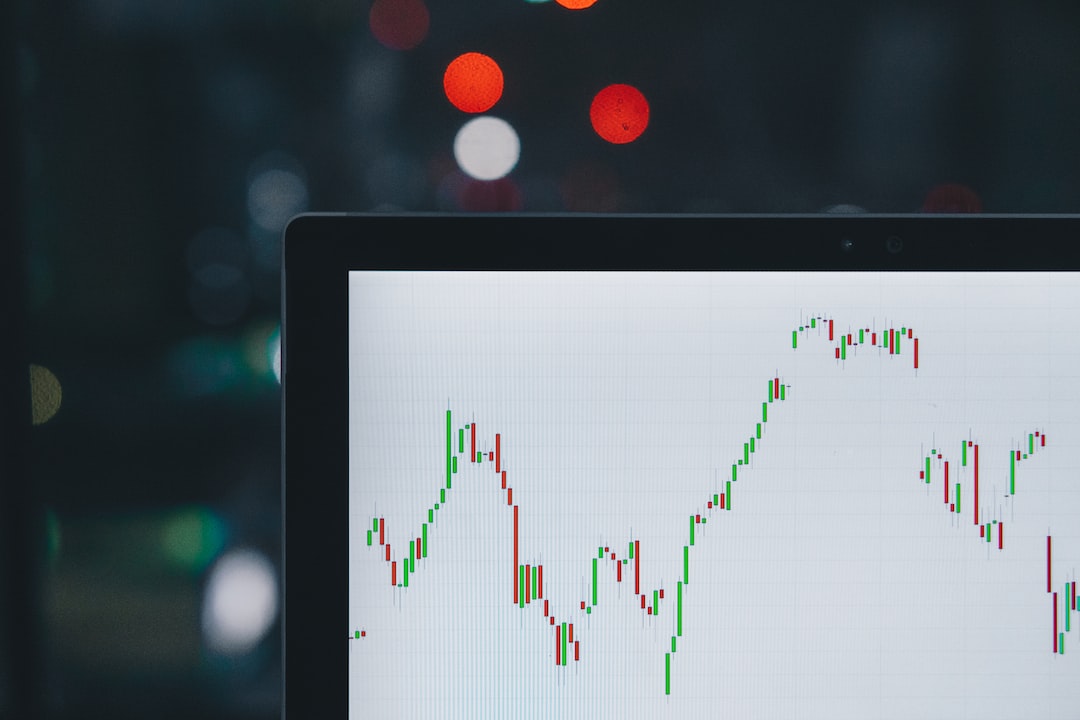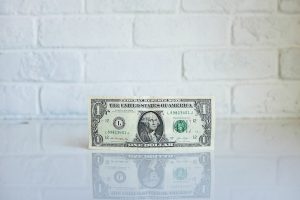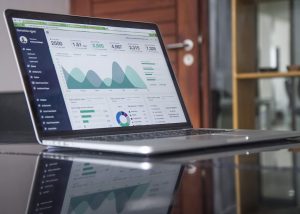Forex trading is a global phenomenon that involves the buying and selling of currencies. It is a decentralized market, which means that it operates 24/7, and there is no central exchange or marketplace. Therefore, it is important to know who you are trading against in the forex market.
In the forex market, you are trading against other traders, market makers, and liquidity providers. The market is made up of a network of banks, financial institutions, retail traders, and brokers. The forex market is the largest financial market in the world, and it is estimated that an average of $5.3 trillion is traded daily.
Retail traders make up a small percentage of the forex market, and their trades are executed through a broker. The broker acts as an intermediary between the trader and the market, and they charge a commission or spread for their services. The broker also provides the trader with a trading platform, which is a software that allows them to access the market and execute trades.
Market makers are financial institutions that provide liquidity to the market. They buy and sell currencies to maintain a stable market and make a profit from the spread. Market makers are instrumental in ensuring that the market remains liquid, and they play a critical role in the forex market’s stability.
Liquidity providers are financial institutions that provide liquidity to the market, but they do not act as market makers. They provide liquidity by buying and selling currencies at the prevailing market price. Liquidity providers ensure that there is enough liquidity in the market to facilitate trading, and they play a critical role in maintaining the market’s efficiency.
In the forex market, you are trading against other traders. When you buy a currency pair, you are buying it from another trader who is selling it. Conversely, when you sell a currency pair, you are selling it to another trader who is buying it. The price of a currency pair is determined by the supply and demand for that particular currency.
In the forex market, there are two types of traders: retail traders and institutional traders. Retail traders are individual traders who trade for their own account. Institutional traders are financial institutions that trade on behalf of their clients, such as banks, hedge funds, and investment firms.
Institutional traders are the largest traders in the forex market, and their trades can have a significant impact on the market’s direction. They have access to more resources, such as research, analysis, and trading tools, which gives them an edge over retail traders.
In conclusion, in the forex market, you are trading against other traders, market makers, and liquidity providers. The market is a decentralized network of banks, financial institutions, retail traders, and brokers. It is important to understand the market’s participants to make informed trading decisions and manage your risk effectively. The forex market is a dynamic and exciting market, and with the right knowledge and skills, anyone can participate in it.





